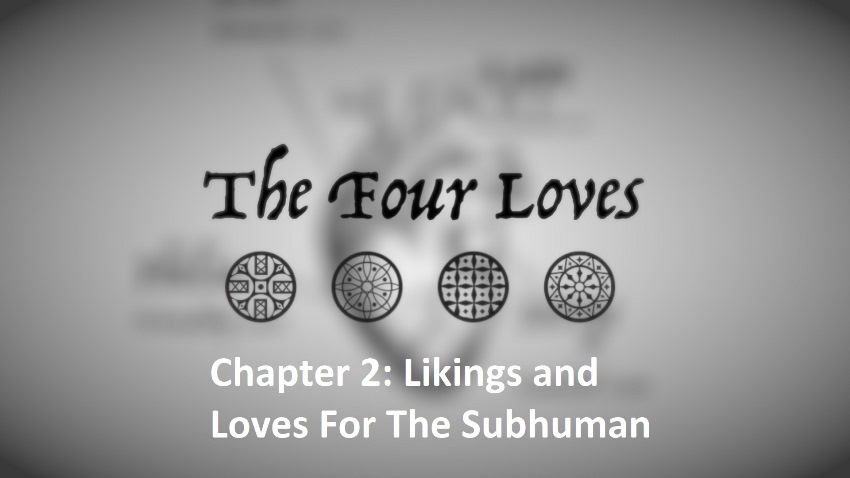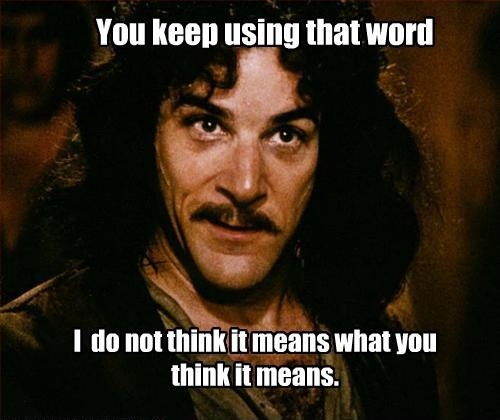The Four Loves – Chapter 2 (Part 3: “Patriotism”)


Continuing my notes for The Four Loves, this is the second of two posts which continue my summary of Chapter 2 (“Likings and Loves for the subhuman”) of The Four Loves. In this post we will be looking at the final section of the chapter which Lewis devotes to the love of country, patriotism.
1. Everyone knows that patriotism can turn turn bad
…we all know now that this love [of country] becomes a demon when it becomes a god. Some begin to suspect that it is never anything but a demon.
2. But if we say it is always bad, we have to reject much
But then they have to reject half the high poetry and half the heroic action our race has achieved. We cannot keep even Christ’s lament over Jerusalem. He too exhibits love for His country.
3. In this chapter we will attempt to distinguish authentic patriotism from its demonic form
Let us limit our field…. We are only considering the sentiment itself in the shape of being able to distinguish its innocent from its demoniac condition.
4. We will be focussing on patriotism in subjects rather than rulers
Neither…[innocent nor demonic patriotism] is the efficient cause* of national behaviour. For strictly speaking it is rulers, not nations, who behave internationally. Demoniac patriotism in their subjects…will make it easier for them to act wickedly; healthy patriotism may make it harder: when they are wicked they may by propaganda encourage a demoniac condition of our sentiments in order to secure our acquiescence in their wickedness. If they are good, they could do the opposite. That is one reason why we private persons should keep a wary eye on the health or disease of our own love for our country.
* Jack is referring to one of the four causes described by Aristotle.

 The Acton Institute presents an evening with G.K. Chesterton:
The Acton Institute presents an evening with G.K. Chesterton:



